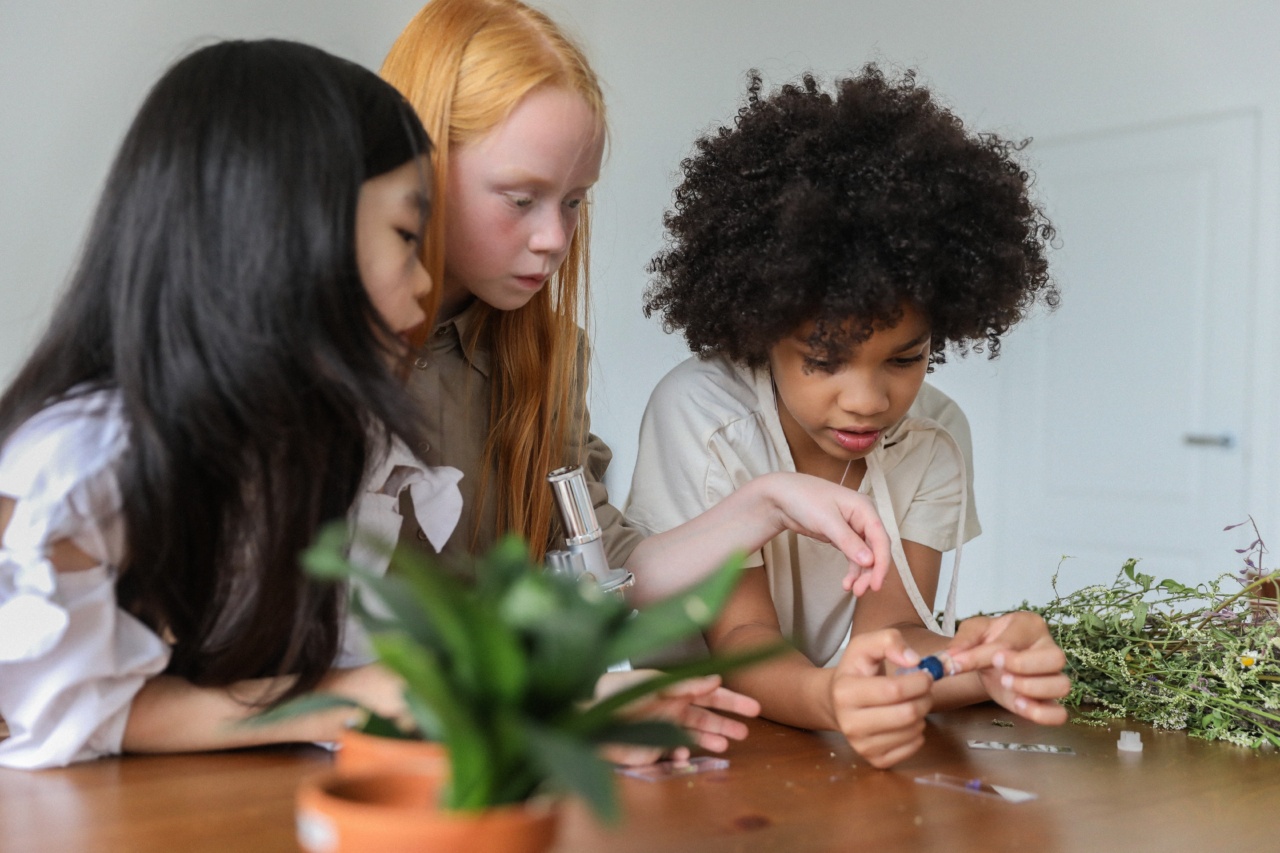Science fiction movies and books have long portrayed the concept of creating a “perfect” child in a laboratory and raising them as one’s own.
While it might have been a plot device in the past, scientific advancements in genetics and assisted reproduction have brought us closer to that reality.
What are Tailor-Made Children?
A “tailor-made” child is a term used to describe a child who has been conceived through advanced genetic and reproductive technologies such as in-vitro fertilization, pre-implantation genetic diagnosis, and gene editing to achieve specific traits or characteristics.
Creating a tailor-made child involves genetic modification of DNA to target specific traits, such as intelligence, physical appearance, and personality.
It also involves the selection of a healthy and compatible donor egg or sperm through processes such as donor egg IVF, donor sperm IVF, or intrauterine insemination.
Understanding Pre-implantation Genetic Diagnosis
Pre-implantation genetic diagnosis (PGD) is a process that allows doctors to screen embryos for specific genetic conditions before transferring them into the mother’s uterus.
PGD is useful for couples who are carriers of genetic disorders and want to avoid passing the disorder to their child.
PGD involves creating several embryos through in-vitro fertilization (IVF) and then testing them for genetic markers of a particular disorder. Once the embryos have been screened, the healthiest embryo is chosen and transferred to the mother’s uterus.
Why Parents Turn to Tailor-Made Children
Parents turn to tailor-made children for a variety of reasons.
Firstly, creating a perfect, flawless child has long been a goal for many parents. Advancements in genetic research and reproductive technology now make that a possibility.
Secondly, tailor-made children offer a chance for parents to avoid passing on a genetic disorder to their child. Families at high risk of inherited medical conditions can use tailor-made genetic technologies to create a healthy child.
Finally, genetic technologies can offer parents the opportunity to choose the gender of their child. This has significant implications for families who may want to balance their family structure by choosing the gender of their future child.
The Debate around Tailor-Made Children
The concept of creating tailor-made children has sparked much debate and controversy.
One of the major arguments against the creation of tailor-made children is the concern that it may lead to discrimination or inequality. People who do not have access to genetic technologies may face discrimination or prejudice.
Another argument against tailor-made children is that it may encourage a consumerist attitude towards children.
Parents may be tempted to view their child as a product to be customized, rather than as an individual with unique qualities and characteristics.
From an ethical standpoint, critics argue that altering human DNA is “playing God” and may have unforeseen and unintended consequences on future generations or even the entire species.
The Legal Aspect of Tailor-Made Children
Currently, there are no specific laws that prohibit the creation of tailor-made children. However, there is an ongoing debate on the ethical and legal implications of using genetic technologies to create designer babies.
As genetic technologies continue to advance, governments around the world are grappling with the potential implications of this new era of reproductive technology.
The Future of Tailor-Made Children
Tailor-made children may just be the tip of the iceberg when it comes to genetic technologies and reproductive medicine.
The new technologies could lead to a world where people can select different traits for their offspring, from physical appearance and IQ to athletic abilities and musical talents.
However, it is still uncertain what kind of world we will create with genetic technologies. While tailor-made children may offer a lot of potential benefits, they may also pose a lot of risks and concerns that need to be addressed.
The development of genetic technologies has already changed our understanding of what it means to be human and what it means to be a parent.
The future of genetic technologies and tailor-made children will depend on the social, legal, and ethical debates that take place over the coming years.
Conclusion
As with any new technology, the implications and consequences of using genetic technologies to create tailor-made children are still being debated.
While there are potential benefits to creating a flawless child, there are also significant ethical, legal, and social concerns that need to be addressed.




























